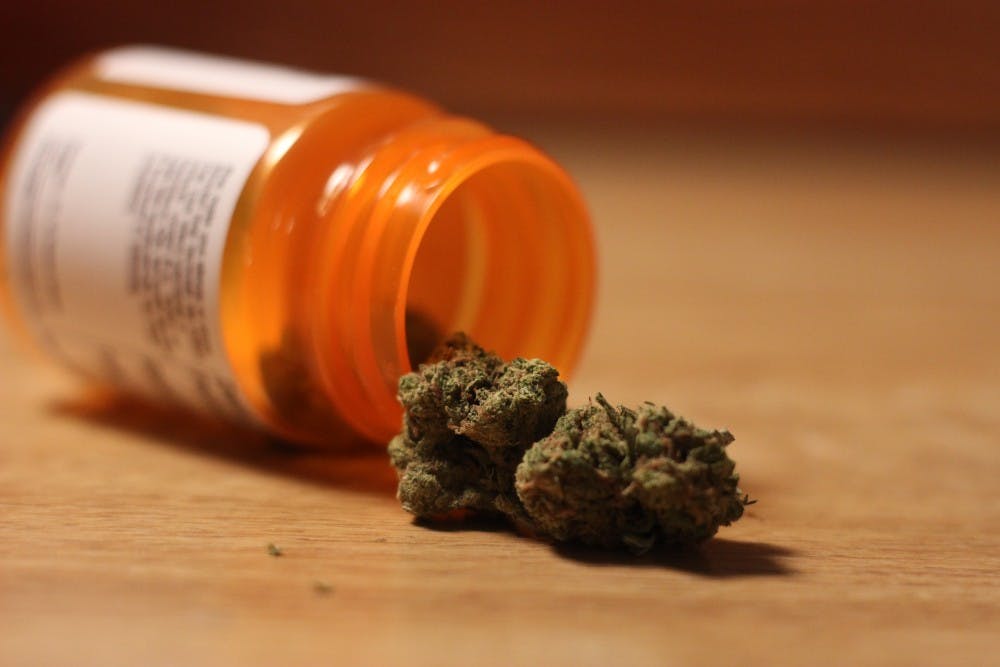UPDATE 12/18/2020 at 5:04 p.m.: Chancellor Kevin Guskiewicz announced Friday that the University is suspending its recognition of the three fraternities named in a federal drug trafficking investigation: Phi Gamma Delta, Kappa Sigma and Beta Theta Pi.
"We are taking swift action today because the serious nature of the alleged criminal behaviors is contradictory to our code of conduct and endangers the health of our student body and community," the chancellor said in a statement. "We remain vigilant and are continuing to work with law enforcement to understand the extent of this activity on our campus and will take all appropriate measures to address it.”
According to reporting from the News & Observer, UNC's chapter of Phi Gamma Delta has also been suspended by its national organization.
Twenty-one people face federal charges following a drug trafficking investigation into the sale of narcotics near North Carolina college campuses, including current and former students at UNC, Appalachian State University and Duke University.
Court documents allege illegal drug activity involving the UNC fraternities Phi Gamma Delta, Kappa Sigma and Beta Theta Pi between 2017 and the spring of 2020, according to a press release from United States Attorney Matthew G.T. Martin, Middle District of North Carolina.
The drug ring distributed over a thousand pounds of marijuana, several hundred kilograms of cocaine and "significant quantities of other drugs," totaling over $1.5 million worth of drug proceeds.
The investigation began in November 2018, when officers from the Drug Enforcement Administration's Raleigh district office began an investigation into the distribution of cocaine, hydrochloride and other illegal drugs on UNC's campus and the Chapel Hill area.
Other defendants charged as result of the investigation lived in college towns, including Charlotte and Wilmington, according to the press release.



